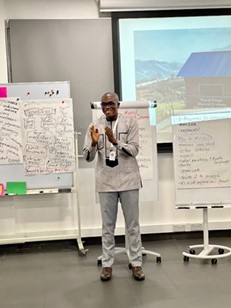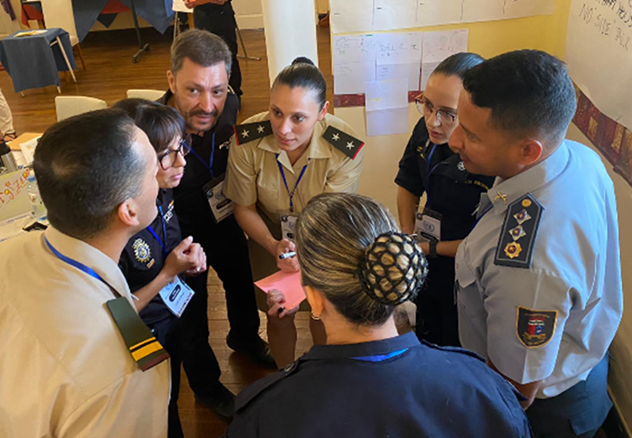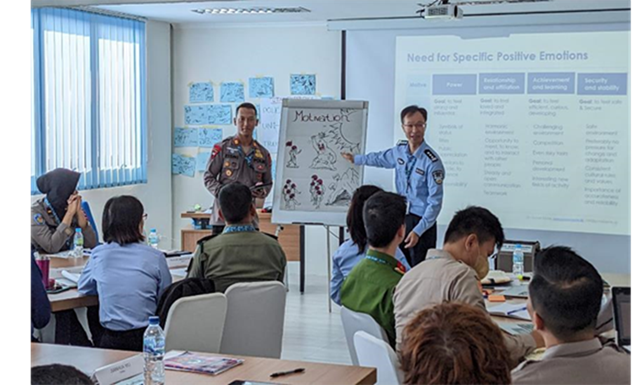Strengthening peacekeeping capacity with a focus on Africa - Phase Five
Synopsis
Objectives
The project aims to strengthen the capacity of African T/PCCs, and those who support African T/PCCs, to deploy personnel who are trained to DPO and DOS standards to UN-led peacekeeping operations.
Components
The programme has four elements: training of trainers’ (TOTs) courses, including development of material for these courses; practitioners’ courses and exercises; enhancing coordination between nations providing bilateral support for pre-deployment training; and an evaluation of programme effectiveness. The TOT courses build national capacity with the aim of creating a sustainable training cadre that can consistently deliver UN-required pre-deployment training to United Nations standards throughout multiple rotations. Programmes (one battalion commander course and two sector commander courses, and exercise participation) are delivered to senior-level practitioners. The programme brings together Member States involved in delivering training for TCCs to identify ways in which bilateral training support can be strengthened.
Main achievements
The project focused on UN police and military training. On the police side, achievements included the delivery of individual police officer training material, the development of new Formed Police Unit training material, and the delivery of Formed Police Unit (FPU) commander course. The new training material was released in early 2022 and six training of trainers (TOT) courses were delivered in English. The update of FPUs training material was accomplished in two workshops. The evaluations undertaken by the Police Division, based on the 2017 material, show that all FPUs are performing at or above the required performance standard.
On the military side, the infantry battalion course, the battalion commander course and the sector commander courses provide a continuum of skills for officers ranging from lieutenant-rank platoon commanders to brigadier-rank sector commanders. The infantry battalion course has given TCC trainers the capacity to meet their obligations to appropriately prepare infantry battalions for deployment to field missions. The battalion commander course and the sector commander course prepare potential and serving officers and build upon national professional skills. Additionally, the exercise for senior mission leaders enabled personnel identified for leadership functions, or already undertaking these functions, to practice their skills and broaden their professional knowledge. It also enabled other organizations participating in the exercise, such as the European Union, to gain a deeper understanding of United Nations peacekeeping and its key policies.
The 2022 programme has enhanced the capacity of Member States to prepare their personnel for field operations and strengthened the skills of those already serving. As a result, 42 of the 84 police-contributing countries can now deliver police training in line with the United Nations’ standards, and 28 of the 48 TCCs contributing infantry battalions can now deliver infantry training in line with the United Nations standards.
Impact
The project builds self-sustaining national training capacity to consistently prepare appropriately trained uniformed personnel and units through multiple rotations. The project may also allow T/PCCs to become capacity providers.

Police courses in Ghana in 2022

Police courses in Argentina in 2022

Police courses in Indonesia in 2022
